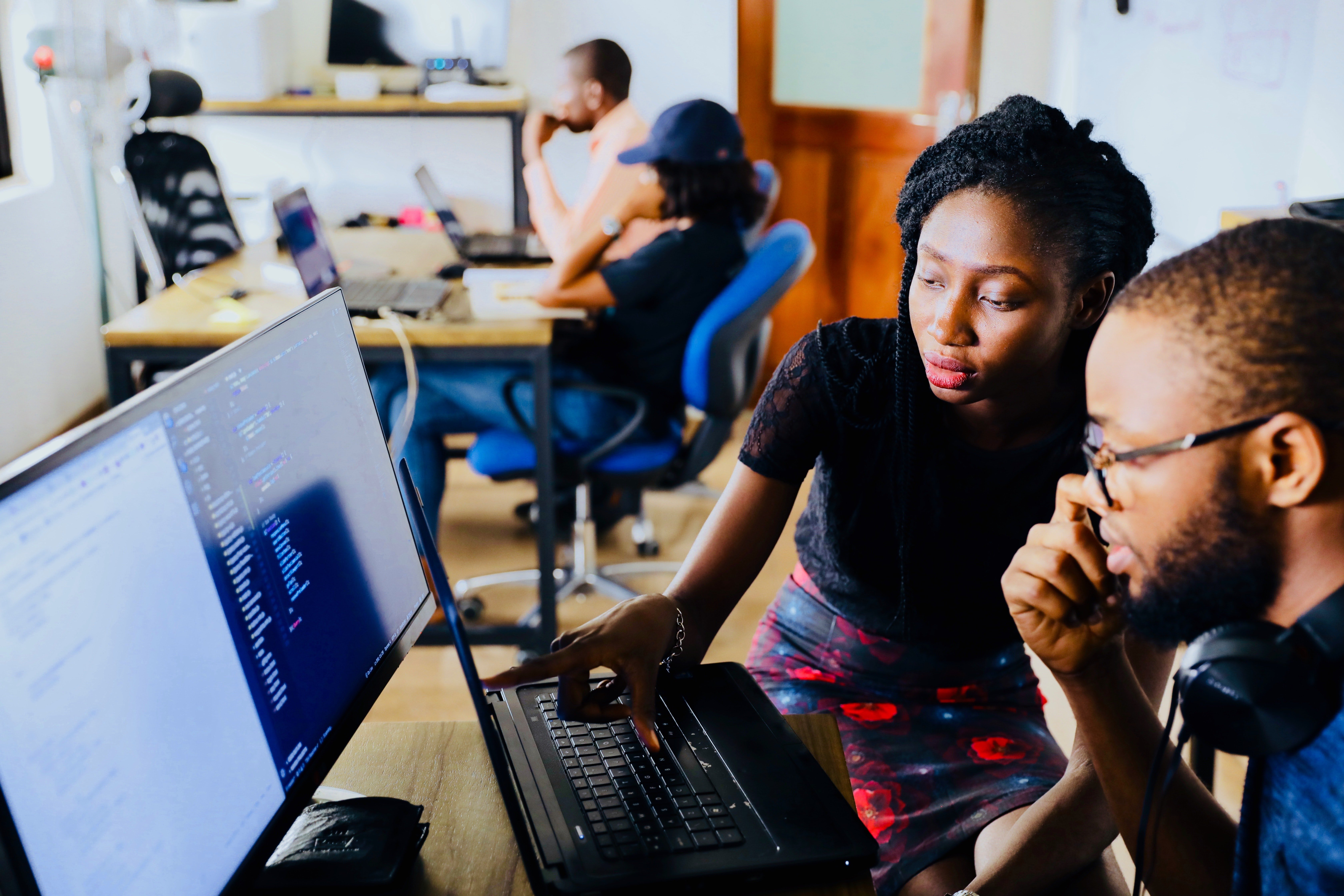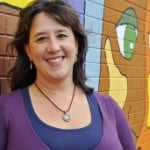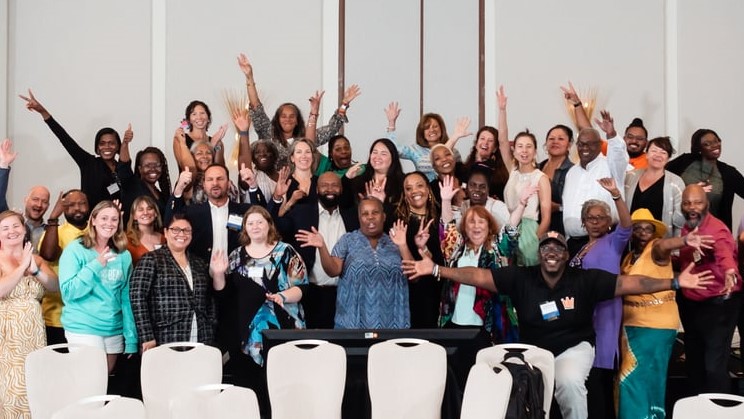
Why is a network of peers invaluable to the work of community change? As our world seeks fresh solutions after the Covid-19 pandemic, the focus is shifting towards collaborative strategies. Embracing a collective effort, these approaches aim to create and nurture shared solutions for intricate community challenges.
Over the past three years, challenges like the COVID pandemic, social and political divisions, increasing social isolation, vulnerability and competing pressures are increasing the urgency to find new approaches in communities to tackle complex challenges such as food security, poverty, mental health and well-being, and youth success. As people seek new solutions, there is an increasing interest in collaborative approaches that engage diverse perspectives and methods to co-create shared plans that address complex community issues.
In response to this growing interest, in 2023 Tamarack’s Learning Centre hosted our first learning cohort of 40 changemakers across Canada and around the world. These changemakers joined us on an eight-month learning journey to build skills, knowledge, connections, and to add tools to their toolbox for creating change in their communities. By following their challenges and experimenting with new ideas together, we also learned more about the tensions that changemakers face as well as possible remedies.
Uncover our transformative insights ahead! From the internal challenges of systems change work to the pivotal role of peer learning, delve into these reflections for empowering wisdom from changemaker
Reflection #1: Working to change systems
To make deep and durable progress on the change that we want to see, in ways that promote equity, diversity and inclusion, changemakers are increasingly working at the systems-level. Most of us are more familiar with advancing program change and advocacy, and less familiar with the perspectives, strategies and approaches needed to most effectively advance systems-focused solutions. Questions that changemakers are grappling with, include:
- How can we change systems at a community level? What roles do grassroots, non-profits, and local governments or public services play in changing systems?
- What roles can citizens play in this work?
- How can we measure and communicate the impact we’re having on changing systems?
- How do we resource collaborative and systems change work?
Reflection #2: Systems change work is both internal and external
Doing systems change work is tough, in-part because we are not separate from the systems we are wanting to change. This means that our systems change work inevitably includes a personal journey of change as we “unlearn” comfortable ways of thinking and doing, to embrace a path that is emergent and less certain.
Challenging the assumption of urgency is just one dimension of the inner journey of changemakers. It can be difficult to find time for the inner learning and systems-level organizing while responding to day-to-day needs. Urgent issues are seemingly at odds with time for focusing on the long-term systems change work that could end the perpetual crisis.
Reflection #3: Learning with peers is essential for changemakers
This work can feel very lonely, which is why being able to connect regularly with peers and fellow-changemakers is so valuable. Being able to connect regularly and easily with a rich diversity of fellow changemakers provides changemakers with a sounding board and support system that can make this important work of community change simpler and easier. It is a safe space to test and accelerate our thinking and offers a whole network of people who know first-hand how challenging this work can be, who we know are behind us, rooting for the work we’re leading.
Is this learning journey for you?
If you are wondering if this learning opportunity for you, take a moment to read some of the feedback that participants of the 2023 Changemaker experience have shared with us:
“I enjoyed getting to hear from both the instructors AND my group – it helped me picture how to apply the work.”
"This cohort elucidates in advocating for "culturally-safe dementia care" as an emerging global health policy agenda for greater attention and dissemination. In 2018, the World Health Organization (WHO) identified traditional healers and community leaders as "community stakeholders" for dementia care and prevention worldwide. However, the role and experience of traditional healers continue to be marginalized .... This cohort has had a significant impact on community empowerment and recommend scholars and researchers for this course. I have gained new skills and knowledge to elicit Indigenous traditional knowledge of dementia care to promote compassionate care for patients with dementia, even though physicians are reluctant to the validity of traditional healing and alternative medicines, making collaborative care for patients with dementia challenging."
– Hom Shrestha, Ph.D. Student
Human Studies and Interdisciplinarity
Laurentian University
Sudbury, ON, Canada
"I have appreciated the responsiveness and the variety of the facilitators, each of whom have shared from their own real-world experiences in a way that responds to the questions and interests of the cohort. I look forward to the ongoing coaching and mentorship, and to continuing to connect with facilitators and cohort members well beyond the end of our sessions. I feel I’m coming away with a full tool-kit of new tools and approaches to try, and contacts to reach out to for ongoing learning and reflection.”
-Natalie Appleyard, Socio-Economic Policy Analyst, Citizens for Public Justice
We are now open for applicants! If you’re interested in being part of the 2024 Changemaker Cohort, it will run February – August 2024. Learn more and apply here.





